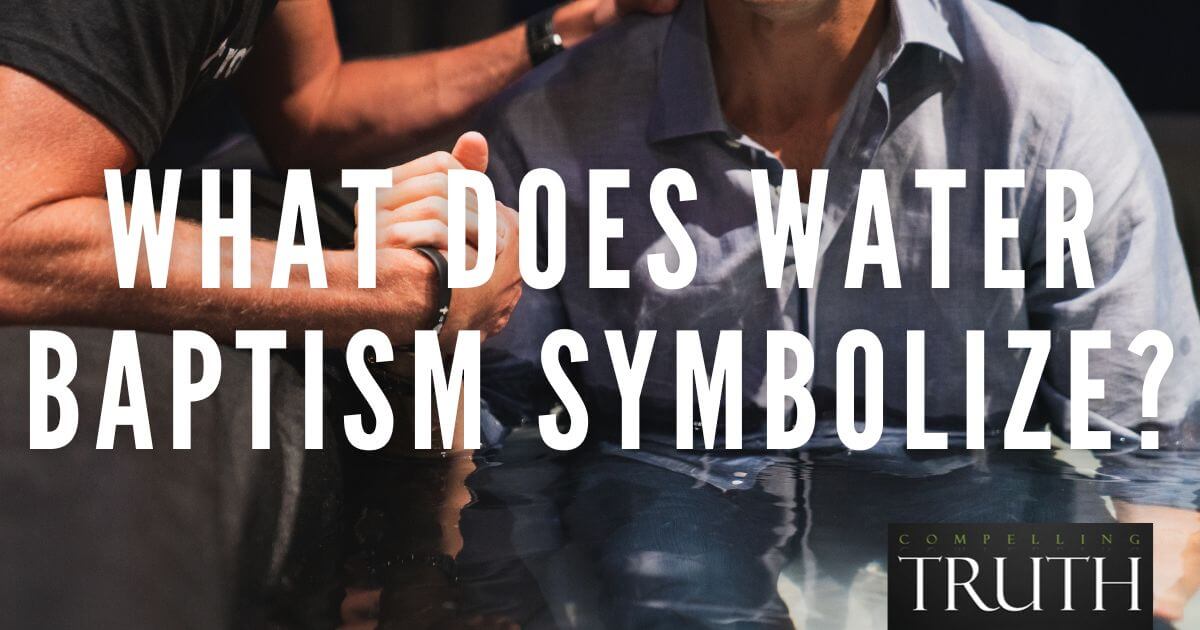what does the bible say?
In Ephesians 4, Paul is telling the believers that they are to live in unity with one another (Ephesians 4:1–3). The grounding for that unity is found in our relationship with the Spirit, Jesus, and the Father. In God, we are “one body” (the church) and have “one hope” (salvation), “one faith” (same confession), and “one baptism.”
The type of “baptism” is not specified. However, while Paul could very well be referencing either the Spirit or water baptism, the early church did not separate these as distinctly as we do. To be a believer means one was baptized by the Spirit at conversion (John 1:33). Likewise, members of the early church were baptized in water almost immediately after being saved (Acts 2:38; 8:34–39). Therefore, all Spirit-baptized believers were also water-baptized believers. Rather than trying to determine a specific type of baptism, it is better to understand Paul talking about the net result of baptism: the believer’s full immersion into the body of Christ. Thus, “one baptism” simply means that all believers are fully committed to Christ, joined to the body through the internal regeneration of the Spirit and known as members of the body by their public baptism.




